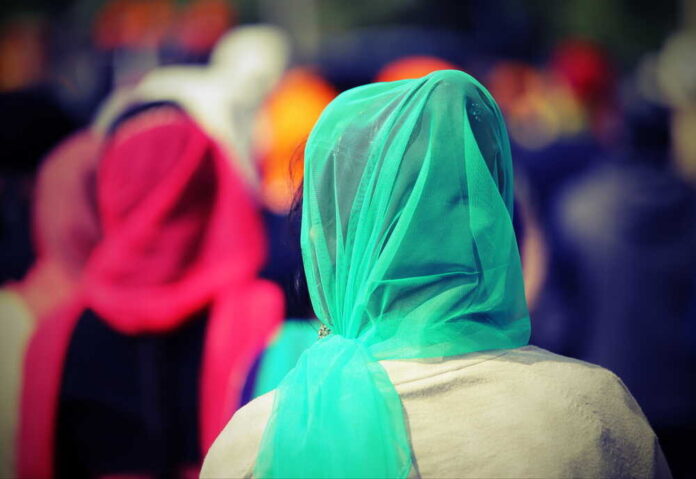
During the early 2000s, a feminist campaigning group in France advocated for equal rights for women. The debate surrounding the wearing of head coverings by Muslim schoolgirls in secular state schools resulted in the implementation of a ban on headscarves in schools in 2004.
The ban prohibited the display of any symbols or clothing that overtly indicated a student’s religious affiliation. The decision became widely popular among feminist circles, especially among predominantly white feminists. Many white feminists felt a sense of responsibility to support the liberation of Muslim women and girls from patriarchal oppression.
In France, the introduction of the 1905 law brought about the concept of laïcité to uphold freedom and ensure equal treatment for all citizens within the legal system. However, the 2004 rule only applied to education and was the only public service affected. The 2004 law started with a focus on religious symbols that were easily noticeable but eventually shifted its attention toward expressions of Islam. In the last two decades, there has been a growing concern regarding the way Muslim women and girls are perceived, which is often seen as a reflection of Islamophobia.
In 2023, the French Macron government banned the abaya in state schools. However, the ban lacked a precise definition, resulting in arbitrary rulings. Distinguishing between a long dress and an abaya can be challenging, as many Muslim girls and women opt for modest attire in regular retail stores. Some may perceive this as a type of racial profiling.
In 2011, covering one’s face in public places became illegal, which was seen as a measure aimed explicitly at Muslim burqas. In 2016, municipalities banned burkinis at public pools and beaches. In 2022, the courts struck down an attempt to overturn that rule. Female athletes wearing hijabs have encountered exclusion from teams and been prohibited from practicing their sport, even at the upcoming 2024 Paris Olympics.
Unfortunately, the concept of laïcité, initially meant to protect freedom, has been misused to harass, humiliate, and exclude individuals. The historical subjugation of women of color can be traced back to the French colonial era, highlighting a condescending perspective towards them.
Over the past two decades, progress has been observed within the Muslim community, focusing on Muslim women actively seeking ways to resist. Only when this goal is achieved will an authentically secular French state and a free society be realized.














